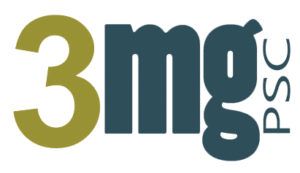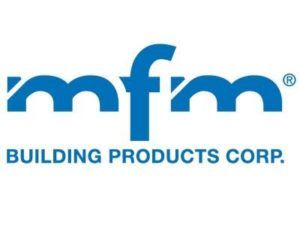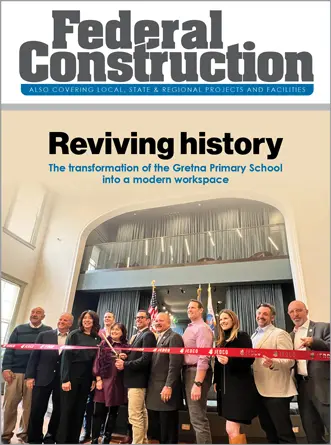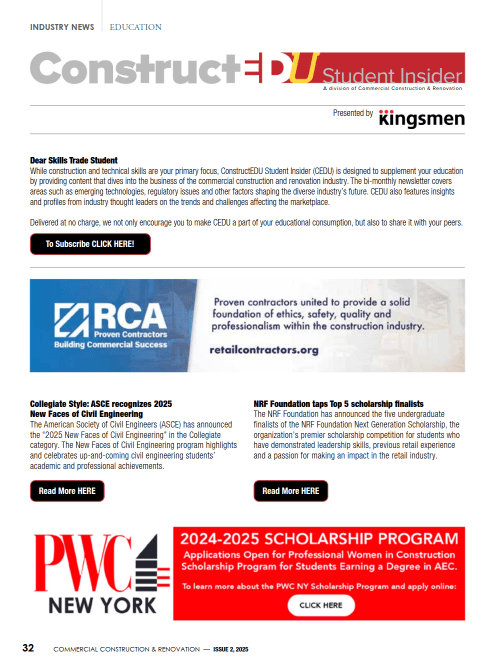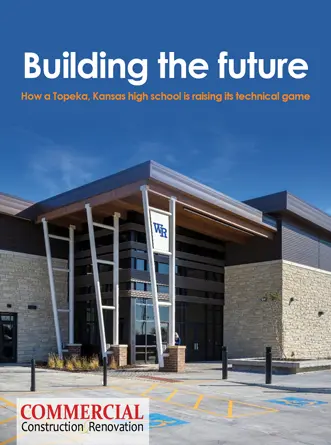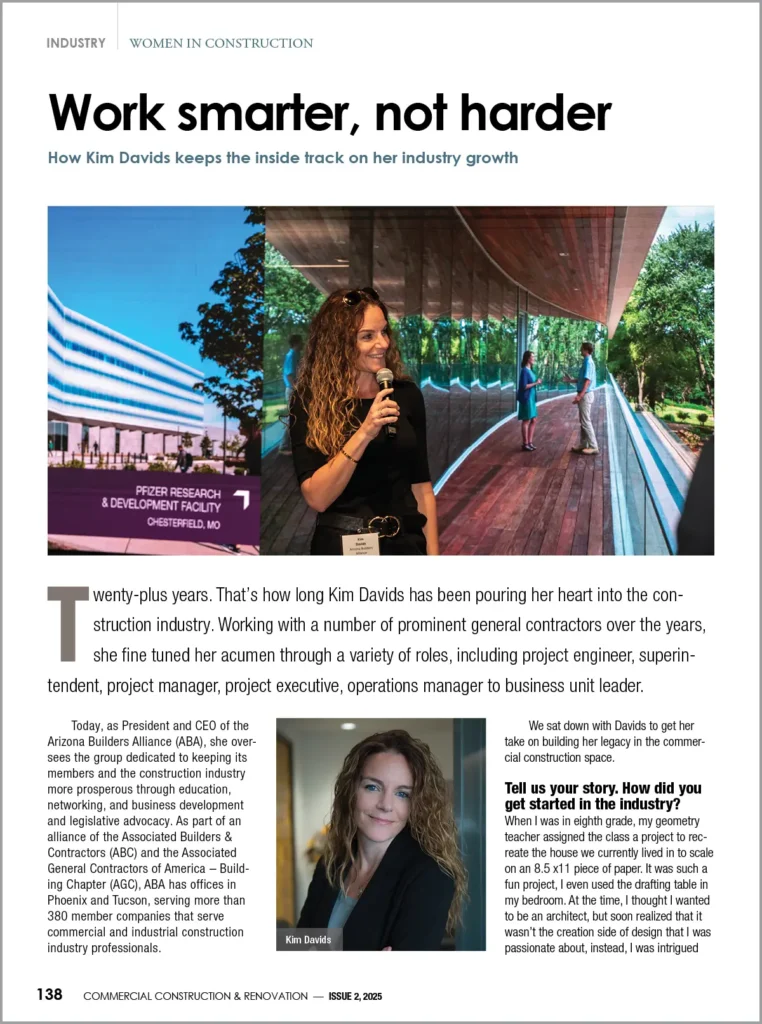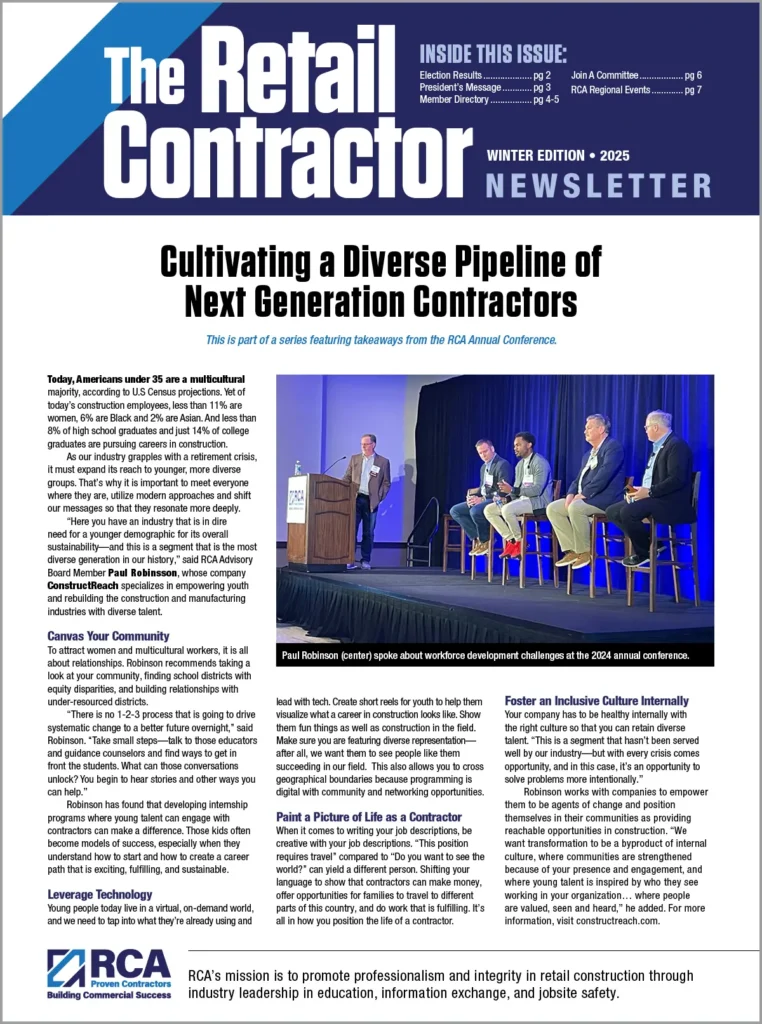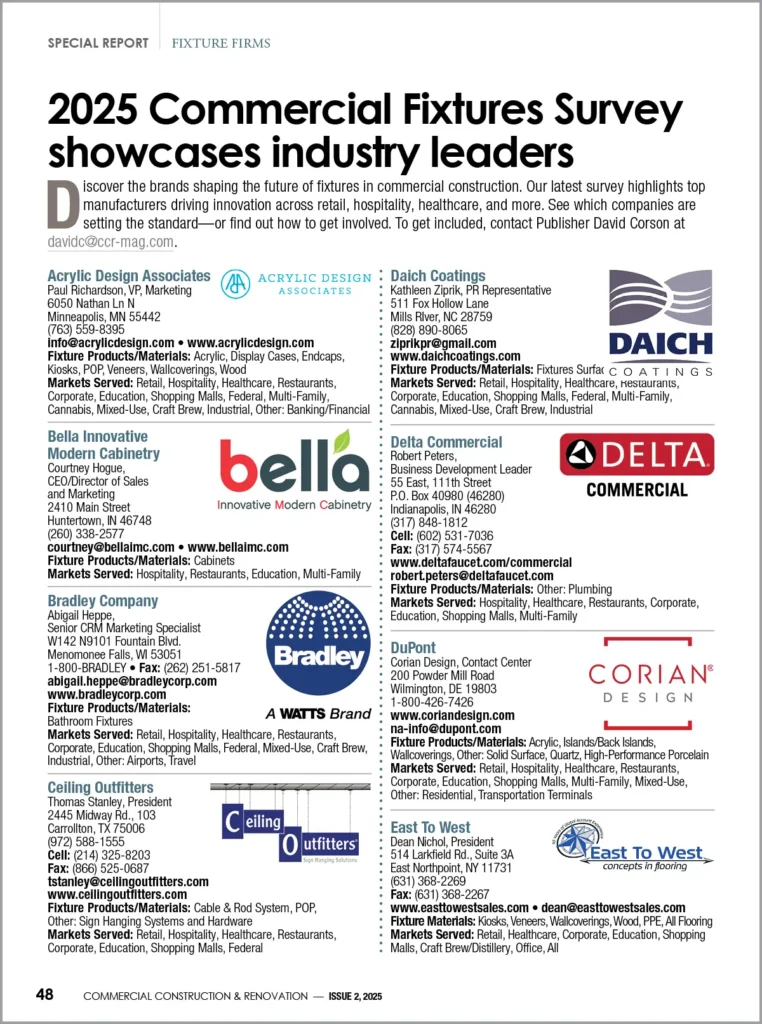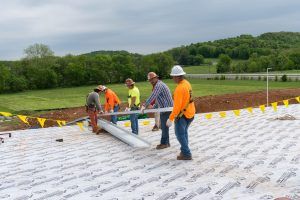
There’s more than one way to deliver roof panels. Morin, A Kingspan Group Company, has recently introduced an onsite roll forming process that runs panels to the eaves, where they are gathered and stacked for installation.
Running panels onsite offers the benefit of producing panels of any length without lapping them. Restrictions on the length of delivery trucks and their loads would not allow for panels to be delivered via truck.
The first job running panels onsite was at Logan High School in Russellville, Ky. Panels on one side of the roof were 46 feet long, while panels on the other side measured 161-feet, 2 inches in length.
“For the longer panels we had 11 men on the roof,” says Basil Slagle, production manager and roll former operator for Morin. “We also had three separate scissor lifts between the roll former and the eave with men on them to guide the panels to the roof because that’s as close as we could get with the roll former.”
Slagle was producing 18-inch wide SymmeTry Roof Series panels with 2-1/2-inch legs. The 22-gauge Galvalume was a prepainted PVDF Regal White. The SymmeTry Roof Series is a mechanically seamed structural roof system that is both symmetrical and hydrostatic by design.
Morin now offers four profiles that can be manufactured onsite. In addition to the SymmeTry Roof Series, Morin has jobsite machines for the SLR Series roofing profile and curving; SWL Series roofing profile; and MorZip and curving.
The start of the project was delayed by heavy rains – five or six days in a row, according to Slagle. “And that Kentucky red clay, if you’d walk on it wet, you’d sink into the clay up to your shin. They had trucks with four-foot tires getting stuck in the wet clay.”
When the rain stopped, Slagle got to the jobsite on a Monday and realized he would not be able to drive his 10-ton vehicle into place. He was trying to maneuver the roll former into a spot where he could produce all the panels, on the side of the building that required longer panels.
“We needed access,” he says. “They had to build us a 300-foot gravel road so we could pull the machine into place, get it where we needed it to be. We finally got set up that Thursday morning.”
Once the roll former was in place – about 100 feet from the roof eaves – the three scissor lifts were rolled into place in line between the roll former and the roof edge. Slagle then ran a “sacrifice panel” to use as a bridge, of sorts, from the roll former to the roof. Panels going on to the roof would slide across the sacrifice panel to the roof, where crew members would carry them to a staging spot on the roof. (The sacrifice panel, almost 100 feet long, was eventually recycled.)
Slagle ran the shorter panels first so crew members could haul them across the ridge to the opposite side of the building. Then the longer panels were produced and set up on the near side of the building. The Regal White panels were all covered with plastic film – to protect them from the red clay on the boots of the installers, who had to walk on the panels to install the batten over the seams. After the battens were installed and seamed, the plastic film was removed. (Failure to remove the plastic film in a timely fashion will eventually lead to damage on the panels when the film is removed.)
“The installation went great,” says Nancy Mullins, senior project manager for Eastern Corp., of Norcross, Ga. “We had anywhere from 12-17 crew members at the site at a given time. The challenges were the logistical hurdles like getting the scissor lifts in place and getting the panels to the roof and stacking them.
“We install all the panels and then come back to install the seam cap and do the seaming. We always wait to make sure everything is where it needs to be, in regard to any penetrations. We really had no issues.”
After the panels were in place, the battens were installed and seamed around the 2-1/2-inch legs of each pan. The battens were cut to 46 feet to match the panel length for the shorter roof. To batten and seam the 161-plus foot panels, the battens were cut to 81 feet and lapped near the center.
Eastern also installed 1,100 linear feet of snow retention, the iBeam from Sno Gem. The iBeam is installed near the eaves on both sides of the roof, with the longer panels hosting a second row nearer the center of the roof.
Slagle ran panels for four buildings at the school, one attached to the main school building and three out buildings still under construction.
About Morin, A Kingspan Group Company
Morin, a Kingspan Group Company, is one of the industry’s most versatile manufacturers of single element metal wall and roof panel systems. With production facilities in Bristol, CT, Deland, FL and Fontana, CA, MORIN has a combined production capacity of over 50 million square feet, fabricating metal panels in more than 75 different profiles. MORIN Single Element panels are 100 percent recyclable and meet the requirements for the U.S. Green Building Council’s (USGBC) Leadership in Energy and Environmental Design (LEED®) Green Building Rating System. MORIN’s nationwide sales network and in-house technical service teams are dedicated to providing innovative solutions for today’s progressive architecture. Visit www.morincorp.com to access profiles, specifications, CAD details, load span charts and technical manuals.








